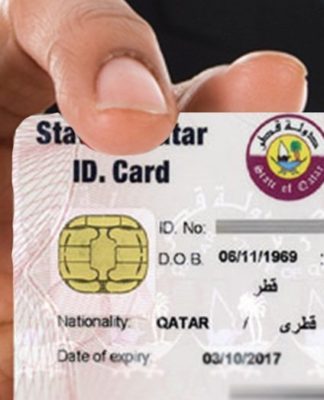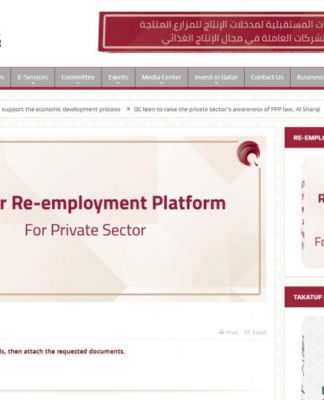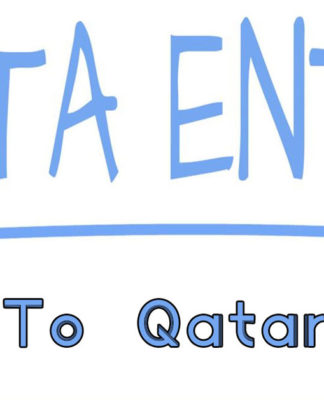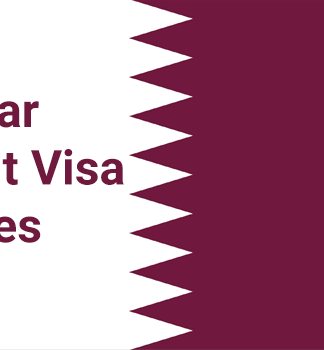
NEW REQUIREMENTS FOR WORK AND RESIDENCE PERMITS IN QATAR
New Requirements for Work and Residence Permits in Qatar
Want to know more about the changes being made to work and residence permits here in Qatar? While you may have seen some of the coverage surrounding the press conference held to discuss this topic, we’ll break down all the important info you need to know in this post.
What changes have been made?
The Ministry of Interior (MoI) and the Ministry of Administrative Development, Labour and Social Affairs (MADLSA) recently announced a number of changes to the way work and residence permits will operate here in Qatar.
The first change we will discuss could be said to be the most important, as it is currently in effect.
Under the new system, employers will not be able to renew their employees’ Qatar ID or residence permit without an attested e-contract. While the e-contract system was introduced by the MADSLA back in 2016 until now there has been no mandatory requirement to upgrade from the old style of employment contracts to the newer e-contract format.
Other changes may be slightly less pressing – as they are yet to be formally implemented – but here is the lowdown on what has been proposed.
Currently, daughters of residents are permitted to work in the private sector under their family sponsorship. The new changes proposed will allow the sons of residents to also take advantage of this. Essentially, the change means that all members of an ex-pat family will be allowed to work for any private-sector employer, without the need to change sponsorships. They will, however, have to get written approval from the head of the family, to then obtain a work permit from the Ministry after paying the necessary fees.
New temporary work visas have also been announced, which will be granted to those working in certain specified professions. Fees apply to these visas will be:
- QR 300 for a temporary work visa valid for one month.
- QR 500 for a temporary work visa valid for two months.
- QR 200 each month for a temporary work visa valid for three to six months.
The visas will be granted to private companies, commercial establishments and other licensed entities here in Qatar, in order to perform emergency, temporary or seasonal work that requires an additional workforce for a specific period, season or occasion.
Another change involves fees for e-services. According to the Director-General of the Department of Passports, fees will be reduced by 20% for those using the Ministry of Interior’s electronic services. This is part of the MoI’s initiative to encourage users to opt for e-services over paper applications.
When do these changes come into effect?
The changes regarding e-contracts are now in effect. The other proposed changes are to be introduced soon.
What does it mean for you?
As an employer, you will need to ensure all employees have an attested e-contract with your company. Review each of your employee’s contracts and ensure the attested contract is in place, paying particular attention to those employees whose Qatar ID and residence permit are due for renewal soon.
Note, employees with senior job titles require a fully attested education certificate to apply for an e-contract through the MADSLA. To find out more about the attestation of education certificates, read our post here.
As for the proposed changes yet to be implemented, you can stay up-to-date with Fusion at your side. Fusion will inform you of important changes that may be relevant to you and your business as and when they happen.
What should you do now?
If you have any queries or concerns regarding the changes mentioned above, contact the experts at Fusion today.










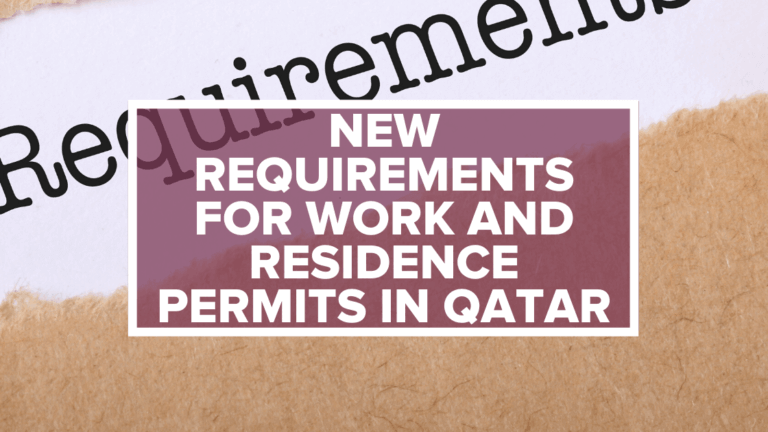


 Trump Announces Audit of $400 Billion in Gold Held at Fort Knox, Elon Musk Wants to Livestream It
Trump Announces Audit of $400 Billion in Gold Held at Fort Knox, Elon Musk Wants to Livestream It

